can regular broccoli seeds etc be sprouted and eaten ?
jeanwedding. zone 6
10 years ago
Related Stories
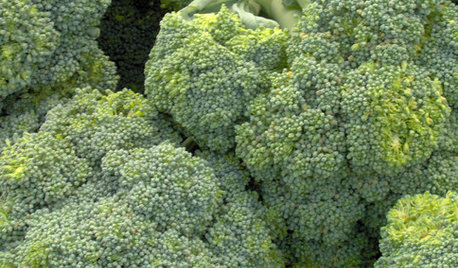
COOL-SEASON CROPSCool-Season Vegetables: How to Grow Broccoli
Packed with vitamins, broccoli is a nutritional powerhouse and is easy to grow in a fall or spring garden
Full Story
FALL GARDENING5 Fall Fruits You Can Grow in Containers
Brighten your porch or patio with a potted pomegranate, kumquat, blueberry bush or another great fall fruit
Full Story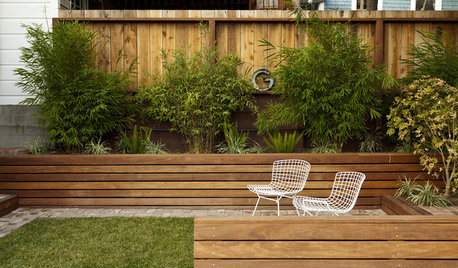
LANDSCAPE DESIGNSmall Garden? You Can Still Do Bamboo
Forget luck. Having bamboo that thrives on a wee plot just takes planning, picking the right variety, and keeping runners in check
Full Story
PETS5 Finishes Pets and Kids Can’t Destroy — and 5 to Avoid
Save your sanity and your decorating budget by choosing materials and surfaces that can stand up to abuse
Full Story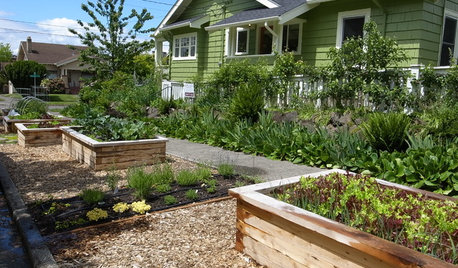
FARM YOUR YARDHow to Farm Your Parking Strip
Get an up-close look at a thriving street-side edible garden, one of many sprouting up in Seattle
Full Story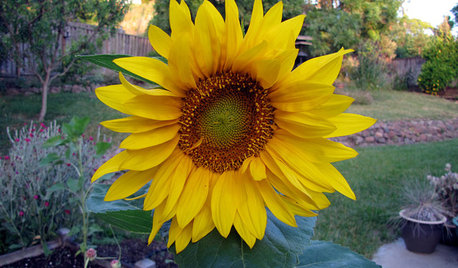
MOST POPULARSummer Crops: How to Grow Sunflowers
Savor snack-tastic sunflower seeds once the radiant blooms have faded — if the birds have saved you any, that is
Full Story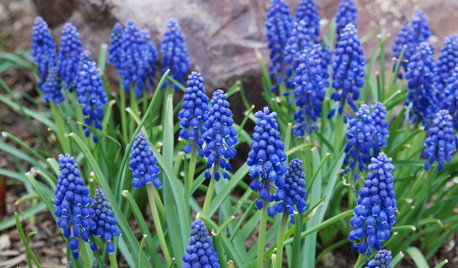
REGIONAL GARDEN GUIDESNortheast Gardener's April Checklist
Revel in the wonders of spring by babying bulbs, sprinkling seeds for root crops and setting out some nibbles for the birds
Full Story
HOUSEPLANTSMeet a Palm That's Fine With Fluorescent Light
Get the look of the tropics without the full-on sun and high humidity — parlor palm tolerates regular indoor conditions with aplomb
Full Story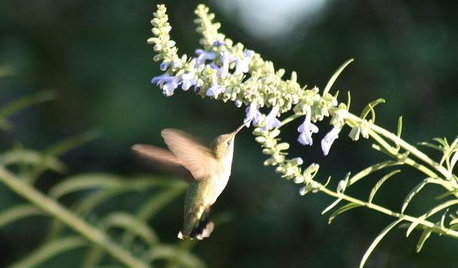
GARDENING FOR BUTTERFLIESA Quick-Start Guide to Bird-Watching for Fun and Learning
Set out some seed and grab your field guide. Bird-watching is an easy, entertaining and educational activity for the whole family
Full Story
GARDENING GUIDESPacific Northwest Gardener: What to Do in July
Deadheading spent flowers, keeping up with watering and starting seeds indoors are the biggest gardening tasks for July
Full Story0






nc_crn
elisa_z5
Related Professionals
Reading Landscape Architects & Landscape Designers · Folsom Landscape Architects & Landscape Designers · Kenmore Landscape Architects & Landscape Designers · Saint Louis Park Landscape Architects & Landscape Designers · South Orange Landscape Architects & Landscape Designers · Gallatin Landscape Contractors · Lake Saint Louis Landscape Contractors · Oxnard Landscape Contractors · Plantation Landscape Contractors · San Antonio Landscape Contractors · Wickliffe Landscape Contractors · Quartz Hill Landscape Contractors · Brenham Driveway Installation & Maintenance · Sterling Driveway Installation & Maintenance · Lakewood Driveway Installation & Maintenancenc_crn
glib
elisa_z5
glib
elisa_z5
glib
Natures_Nature
glib
Natures_Nature
glib